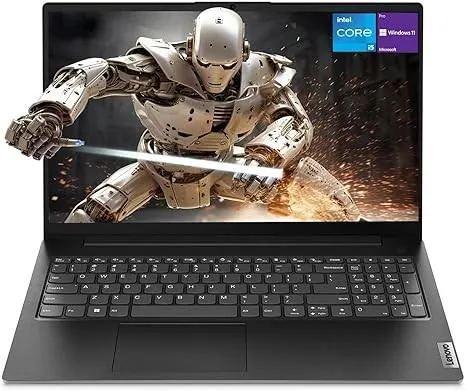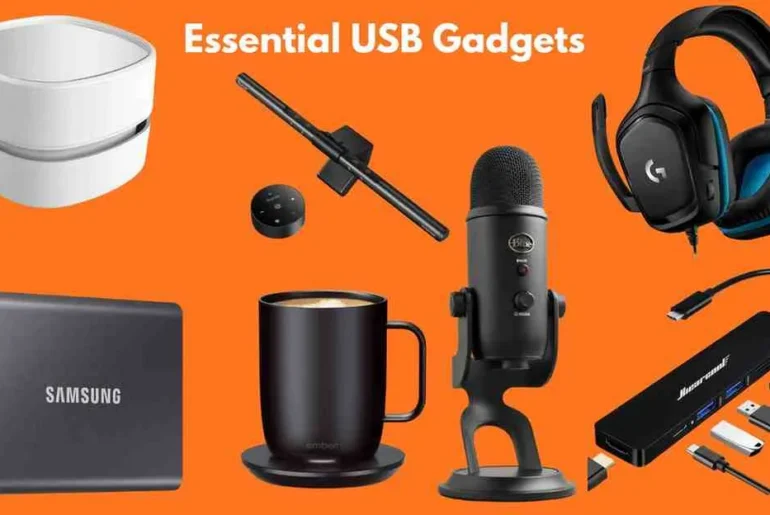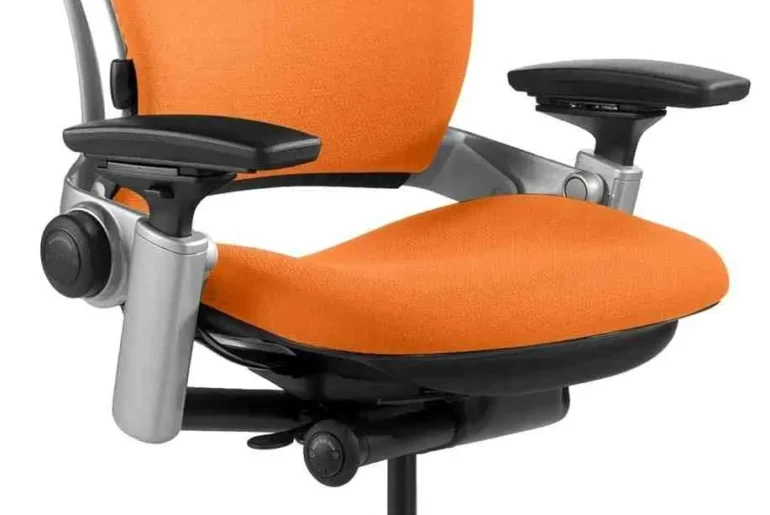Working from home doesn’t mean sacrificing productivity—or spending a fortune. In 2025, creating an effective home office is all about smart choices, creativity, and maximizing your space without breaking the bank. Whether you’re a freelancer, remote employee, or student, a well-planned workspace can improve focus, efficiency, and comfort. The good news? You don’t need expensive furniture or gadgets to set up a home office that works.
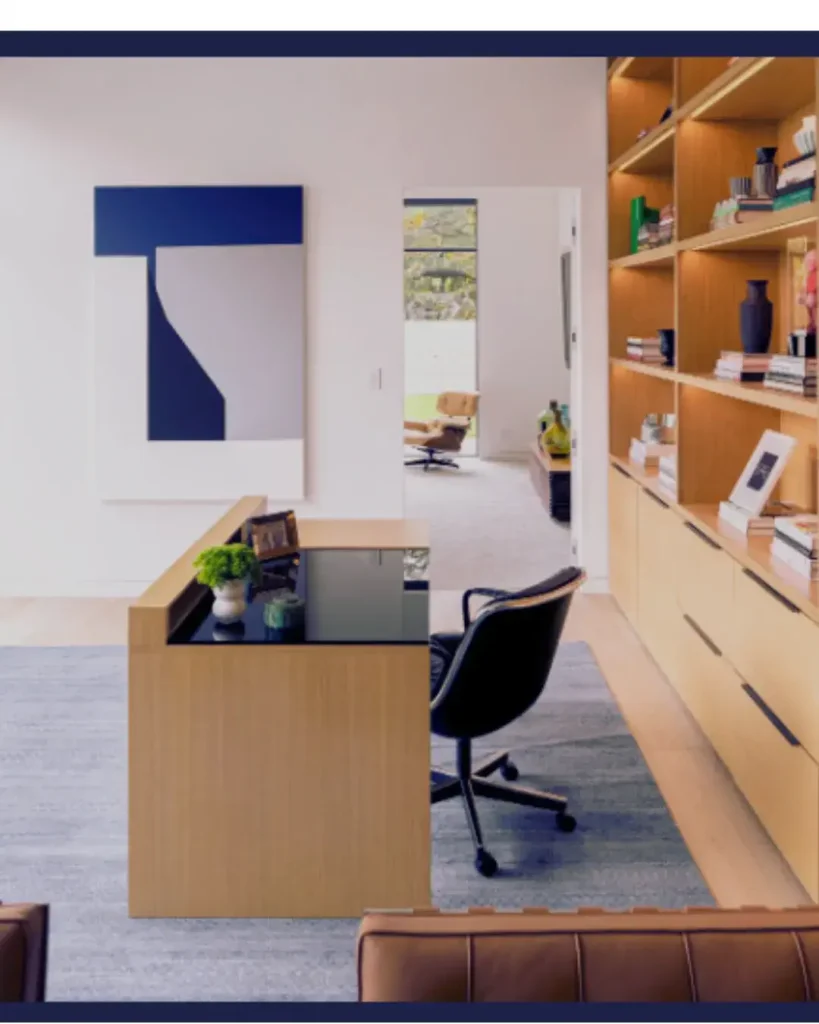
1. Pick the Right Spot
The first step is choosing a space that supports concentration and comfort:
- Quiet & low-traffic: Find a corner away from distractions.
- Natural light:Place your desk by a window to take advantage of natural light, which can improve your mood and ease eye strain.
- Privacy: Even a small area partitioned with a bookshelf or curtain can create a dedicated work zone.
2. Budget-Friendly Furniture
You don’t need to spend hundreds on a desk or chair. Focus on essentials:
- Desk: Look for flat-pack options, second-hand desks, or DIY solutions. Even a small table can work with smart organization.
- Chair: Ergonomics matter more than style. Affordable second-hand chairs or adjustable office chairs provide support without the high price tag.
- Storage: Use shelves, boxes, or repurposed furniture to keep your workspace clutter-free.
3. Essential Tech Without Overspending
You don’t need the latest gadgets to stay productive:
- Computer or laptop: Reliable, mid-range devices are often sufficient for most work tasks.
- Monitor: Affordable monitors or using an extra screen from an old laptop can improve workflow.
- Keyboard & mouse: Comfort is key, especially for long hours.
- Cable management & power strips: Keep cords organized to avoid a messy workspace.
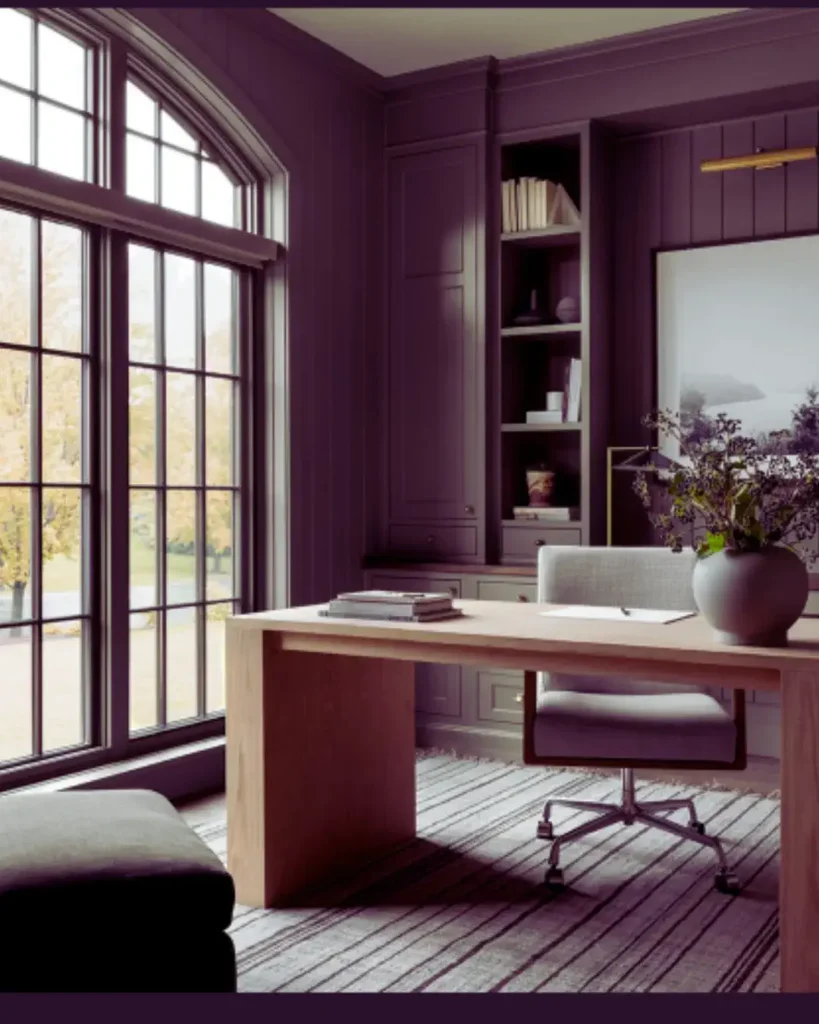
4. Lighting and Atmosphere
A well-lit and pleasant workspace boosts focus:
- Harness natural light throughout the day to stay alert and comfortable while working.
- Use affordable LED desk lamps with adjustable brightness for evening work.
- Keep your desk tidy and uncluttered—visual clarity improves mental clarity.
5. Productivity Tools and Accessories
Even small, inexpensive items can make a big difference:
- Noise-canceling headphones or earplugs to reduce distractions.
- Planners, sticky notes, or productivity apps to track tasks.
- Small plants or décor for a motivating and comfortable environment.
6. Tips for Maximizing Productivity on a Budget
- Declutter regularly: A clean workspace keeps your mind focused.
- Set work hours: Separate work time from home life to maintain discipline.
- Personalize wisely: DIY décor, thrifted items, or prints can add personality without overspending.
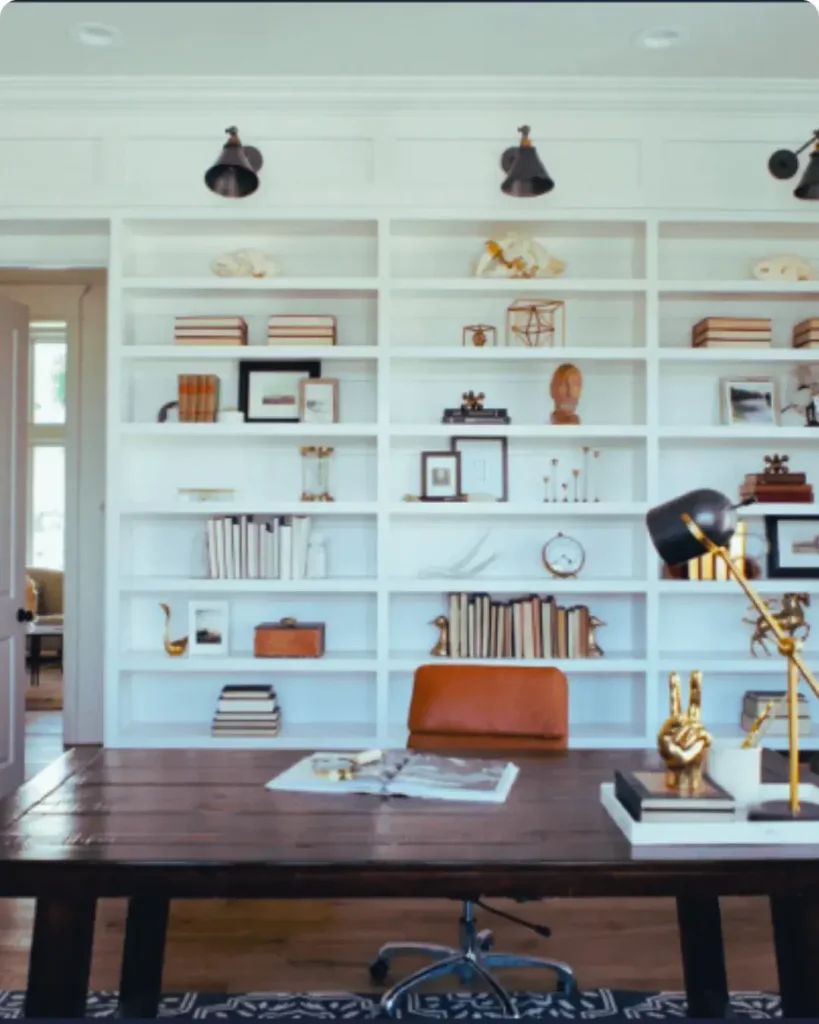
Conclusion
A productive home office doesn’t require a large budget. By focusing on comfort, organization, and essential tools, you can create a space that boosts efficiency and motivation. Start small, make thoughtful choices, and gradually build a workspace that supports your goals—without breaking the bank.




